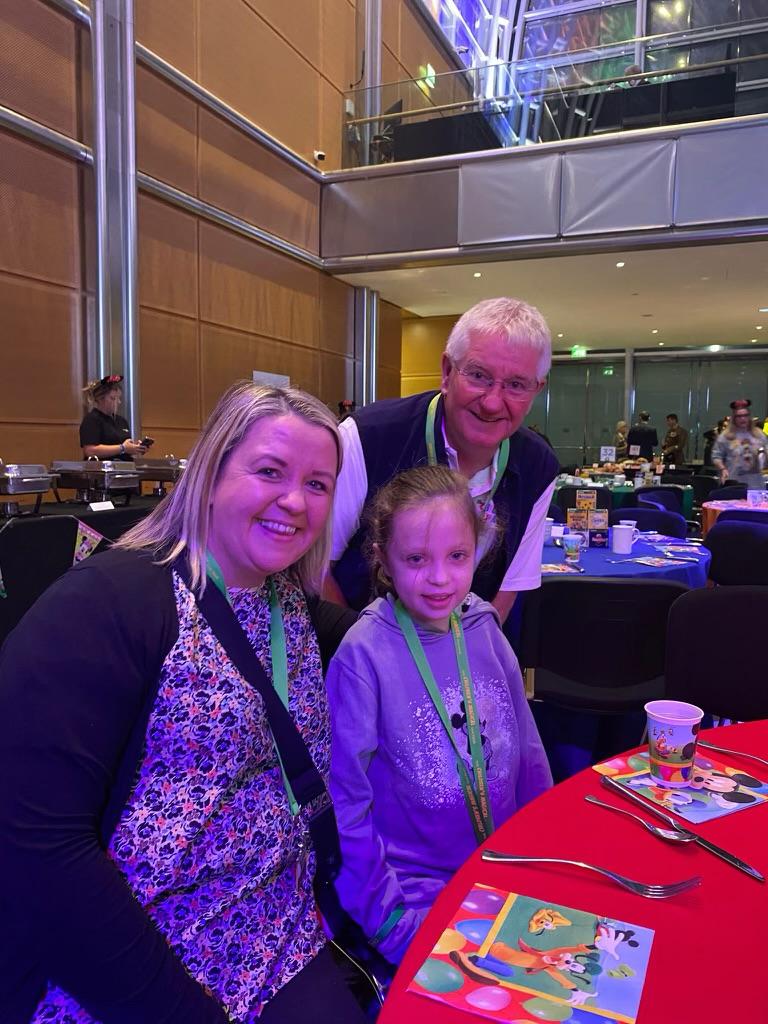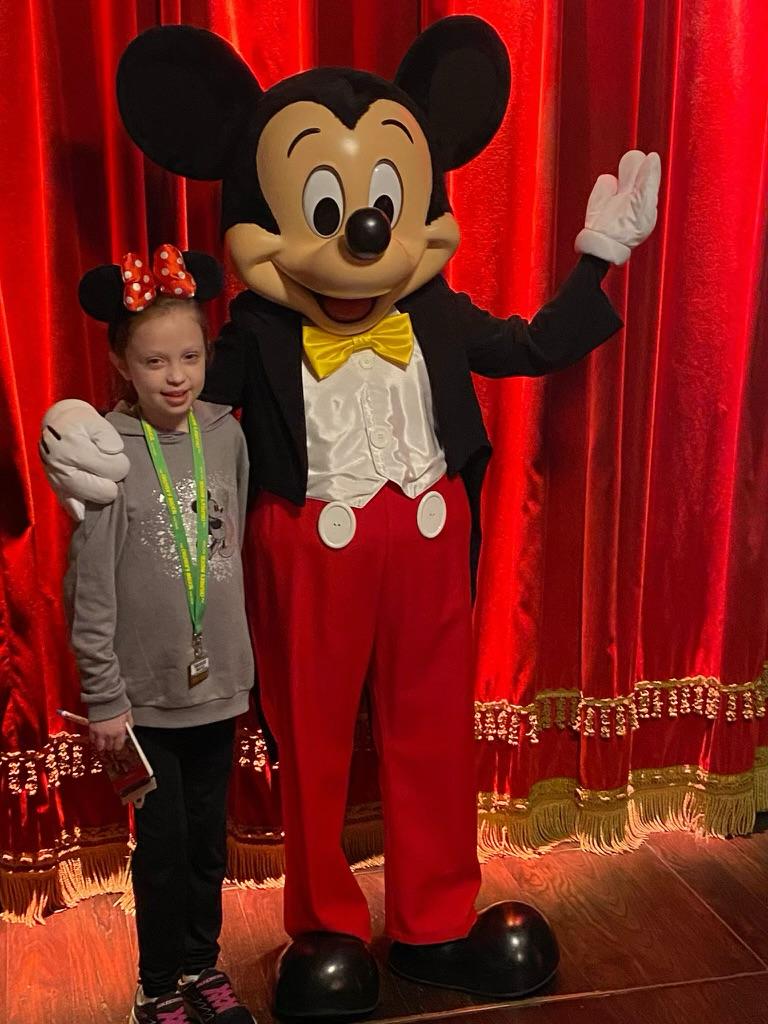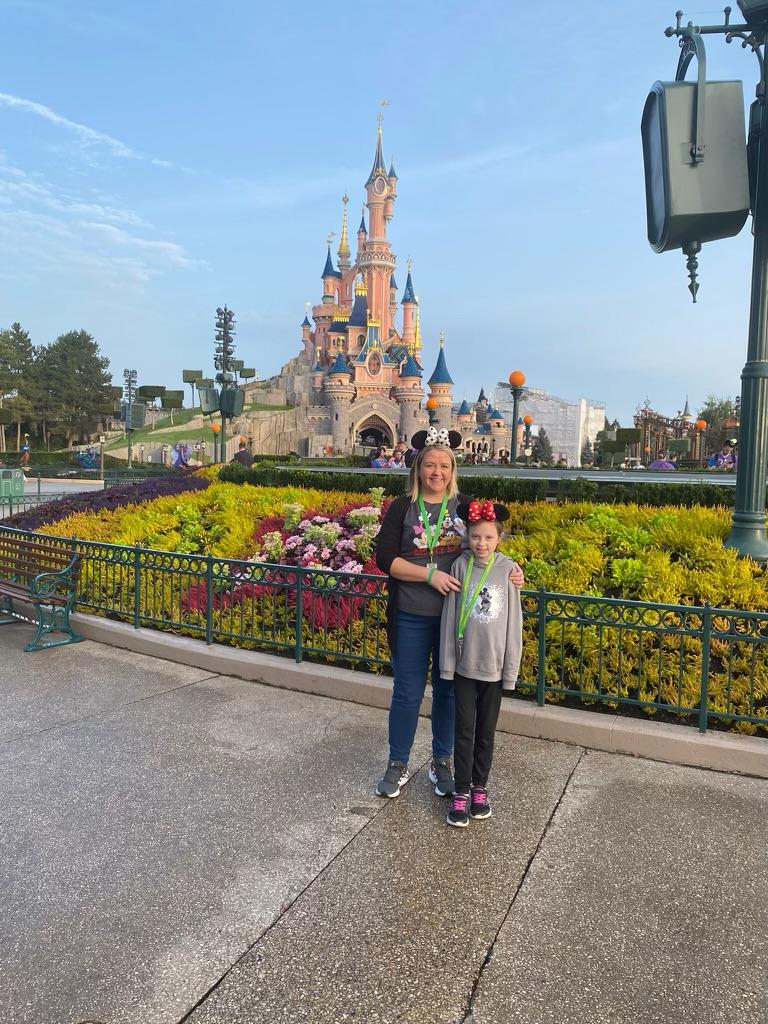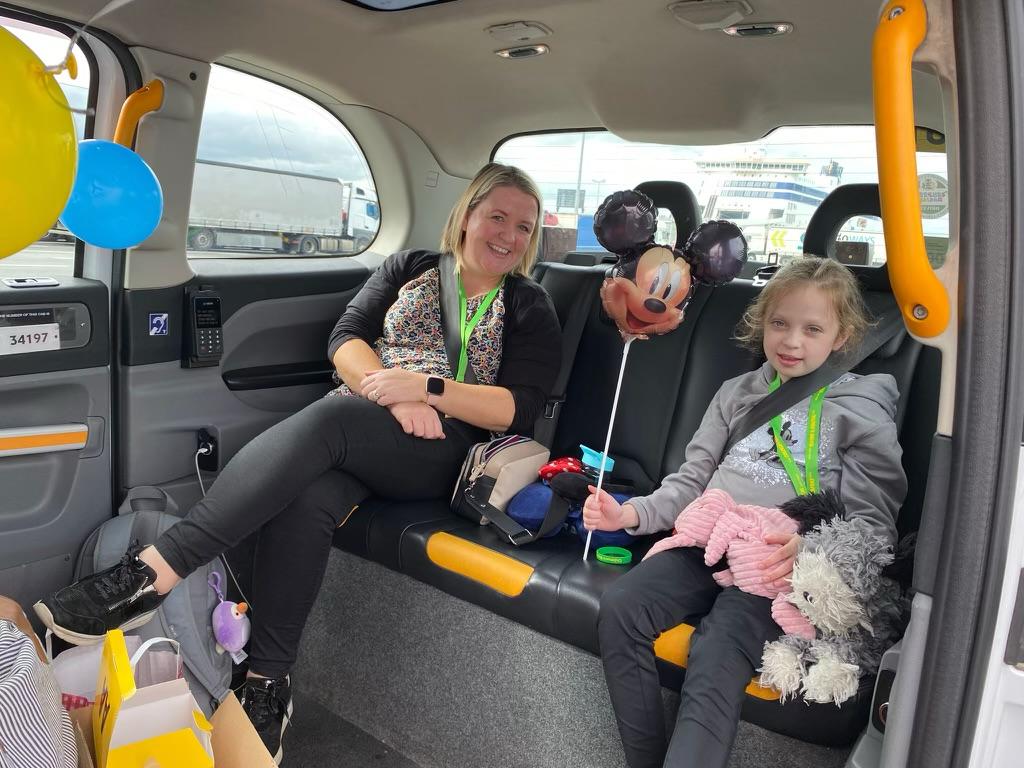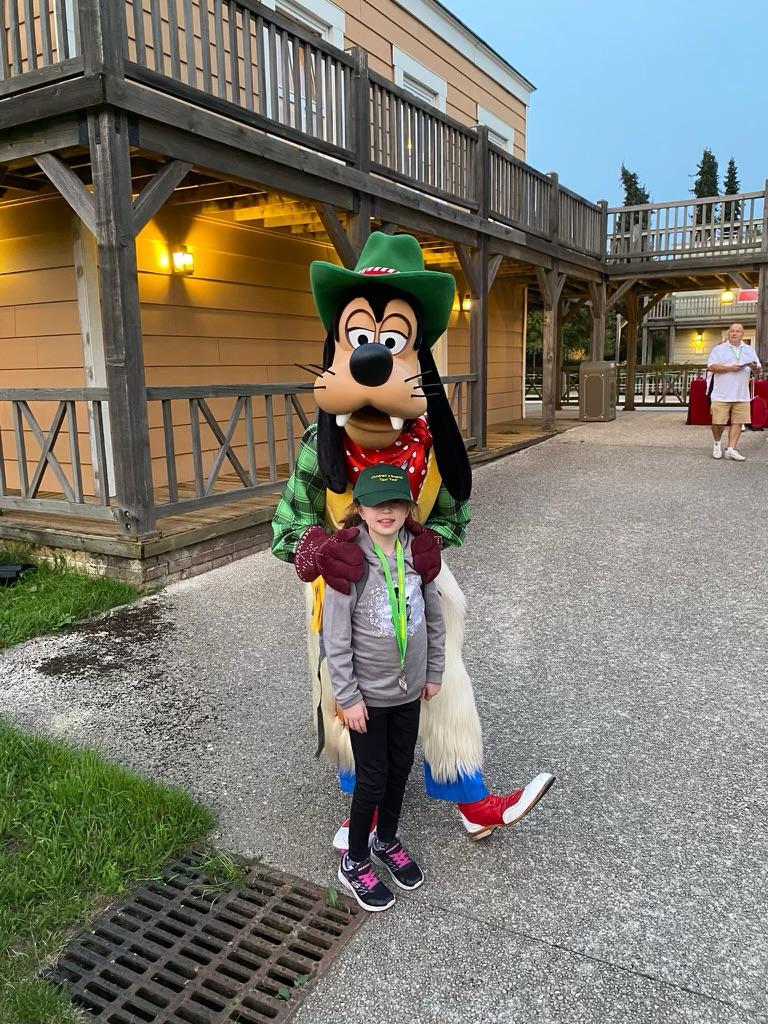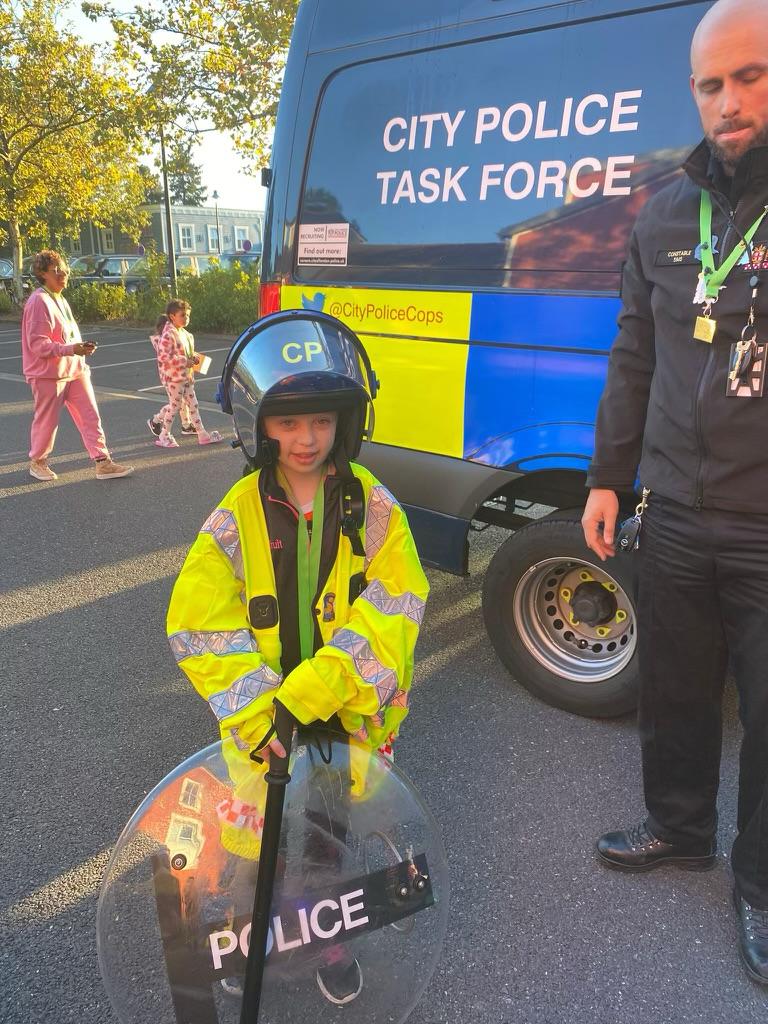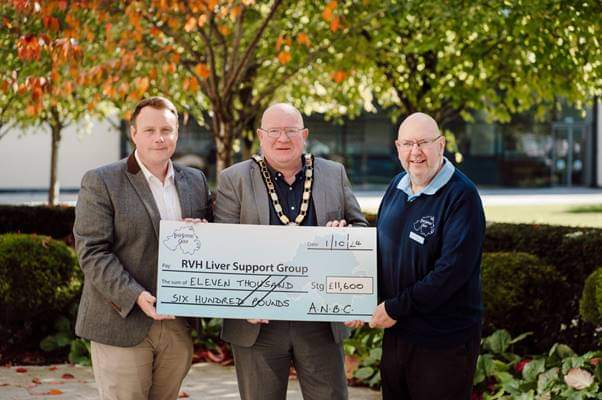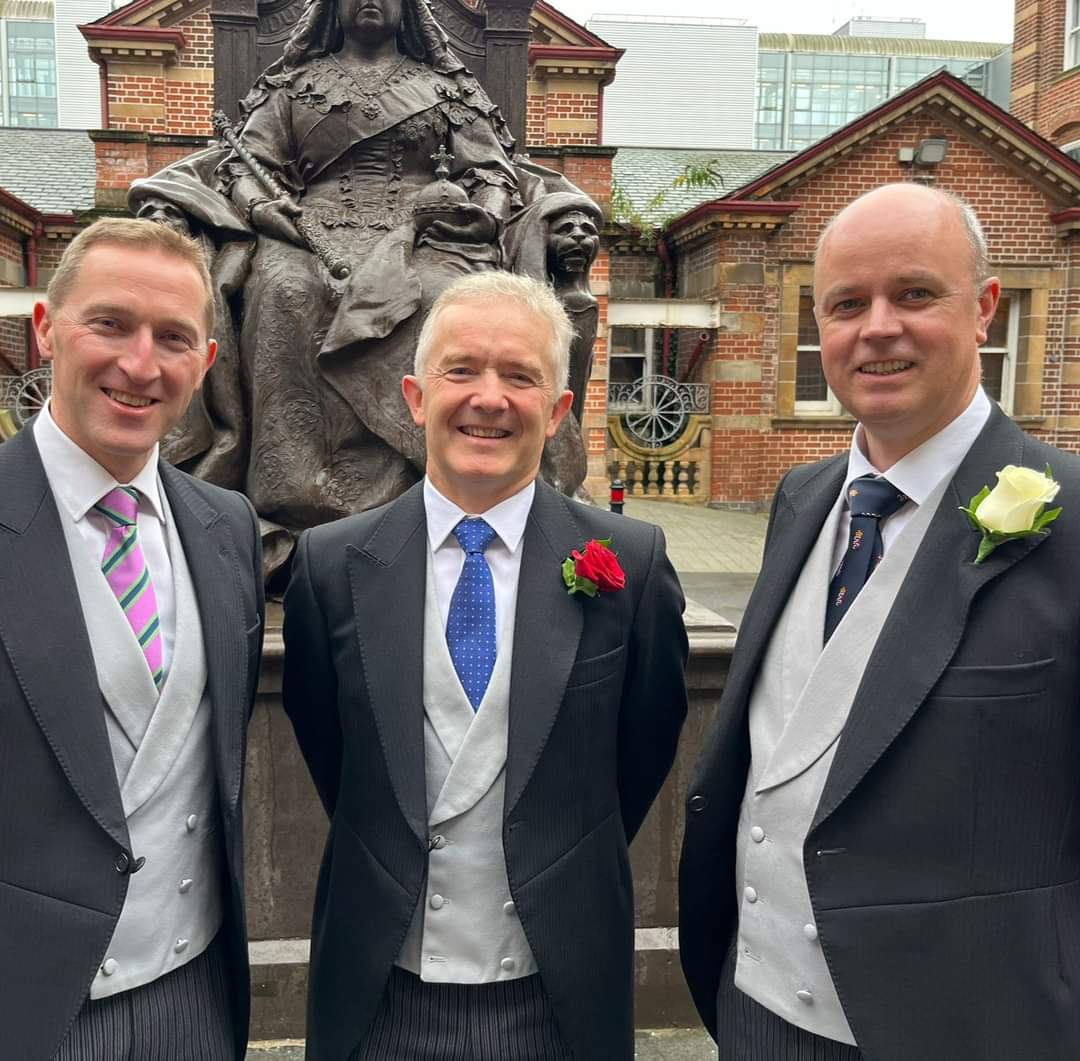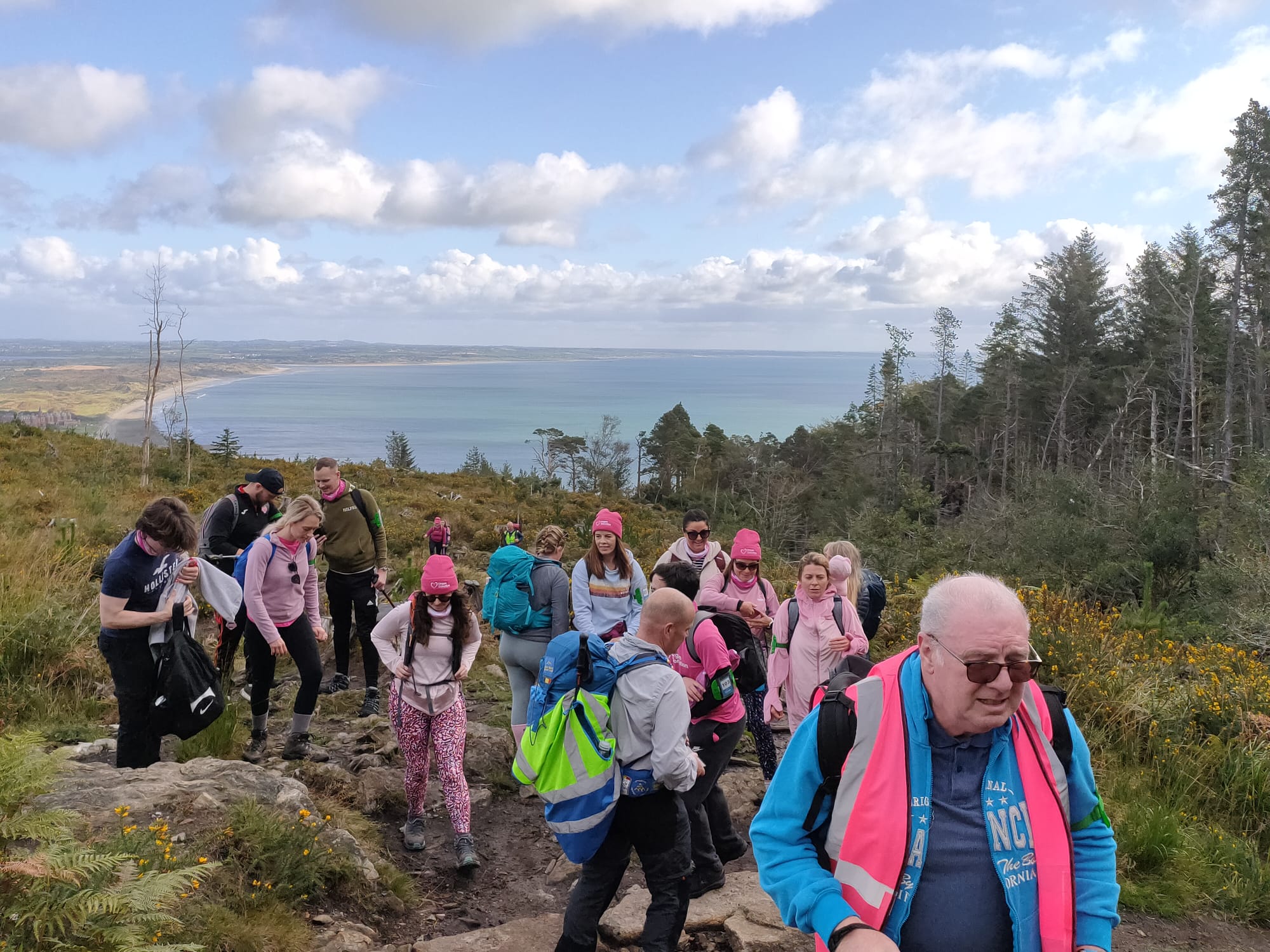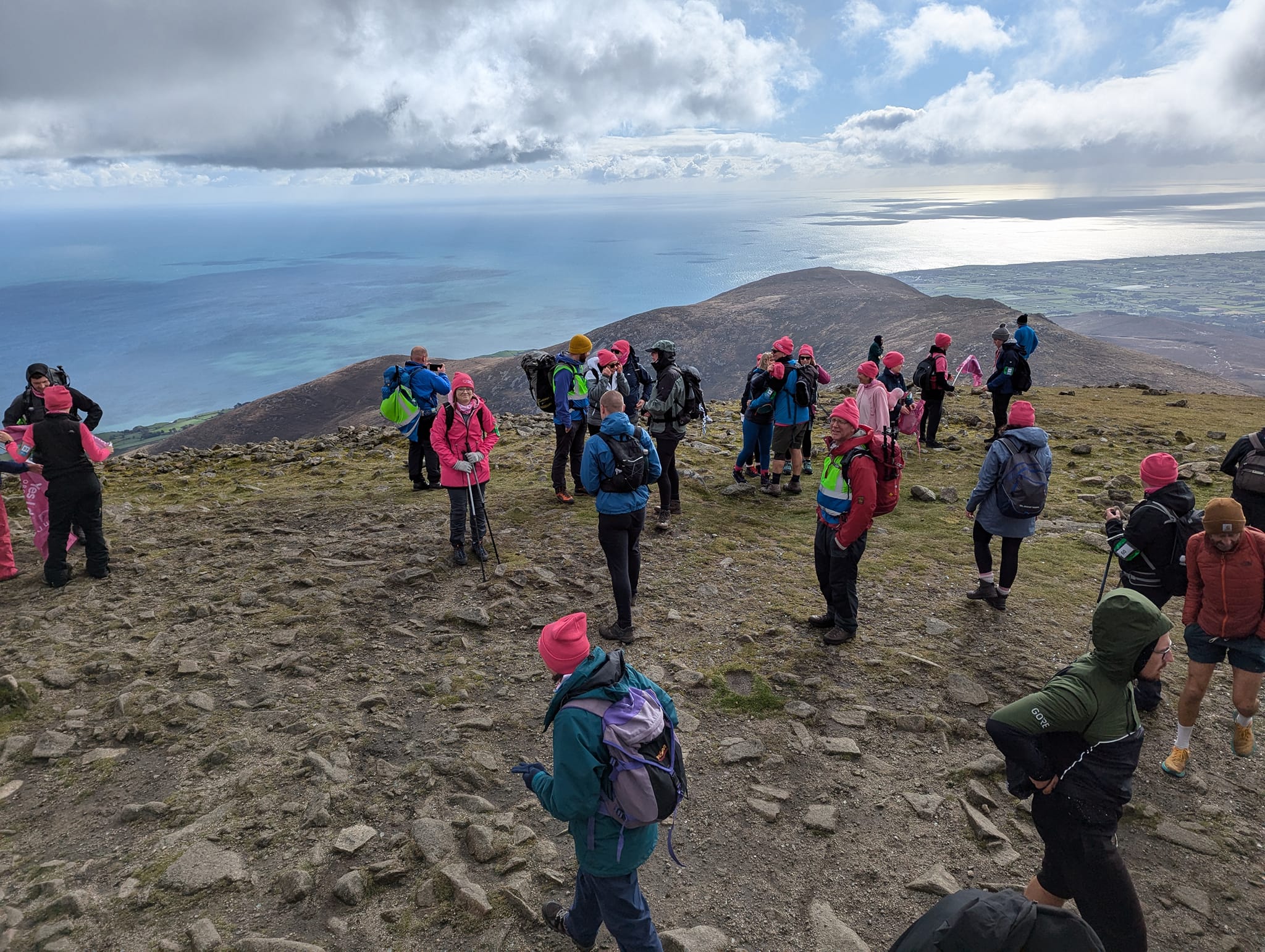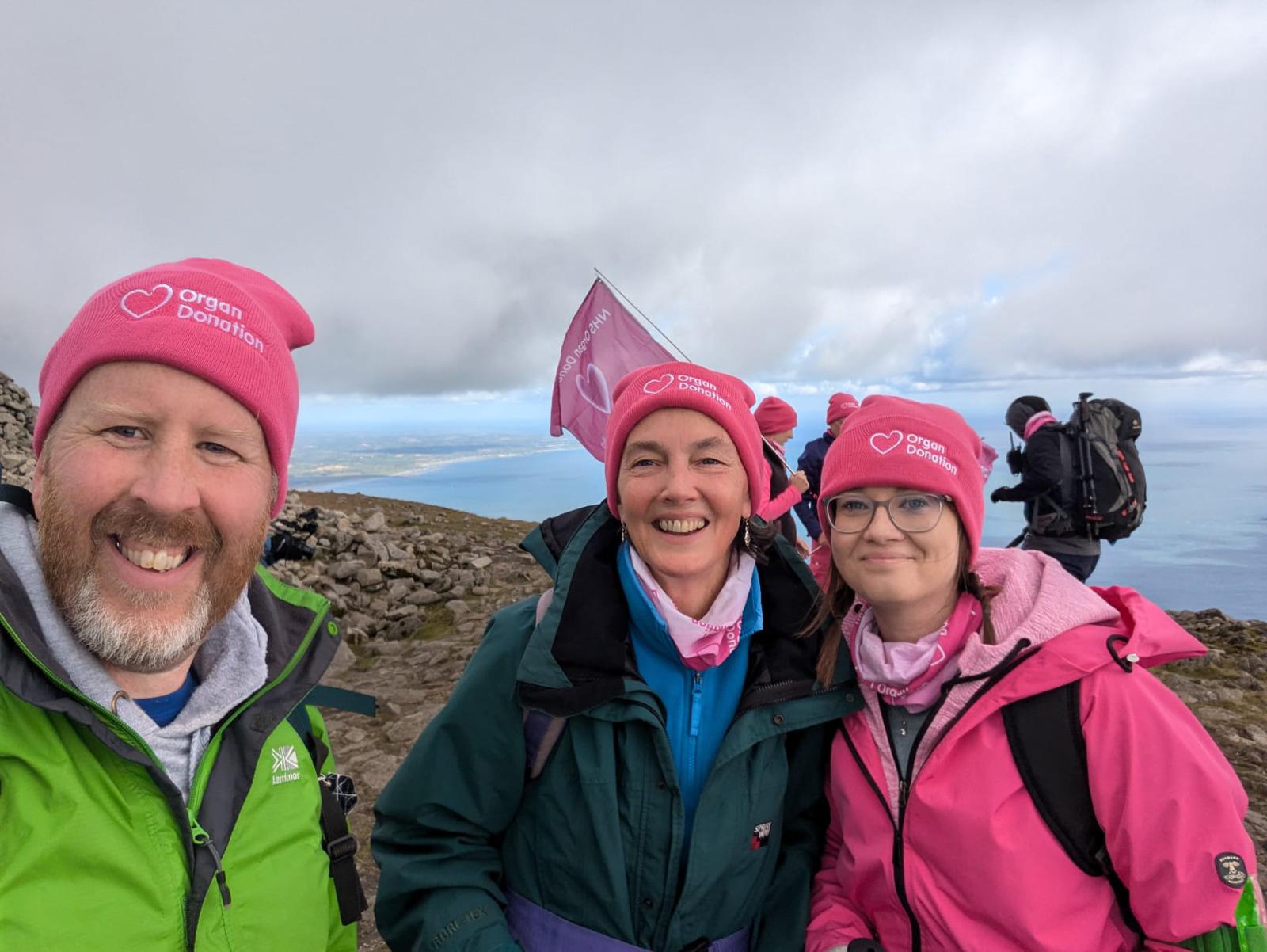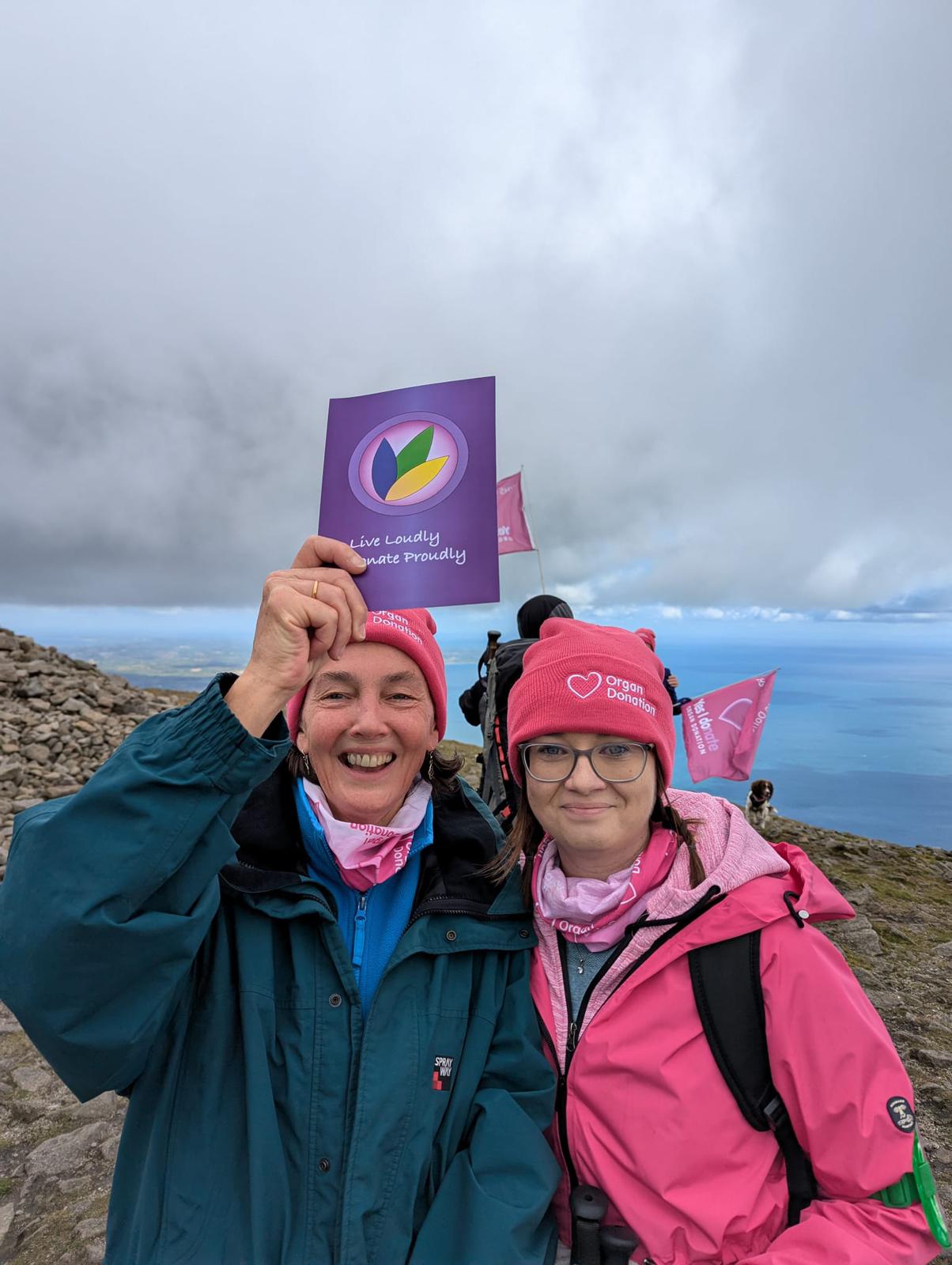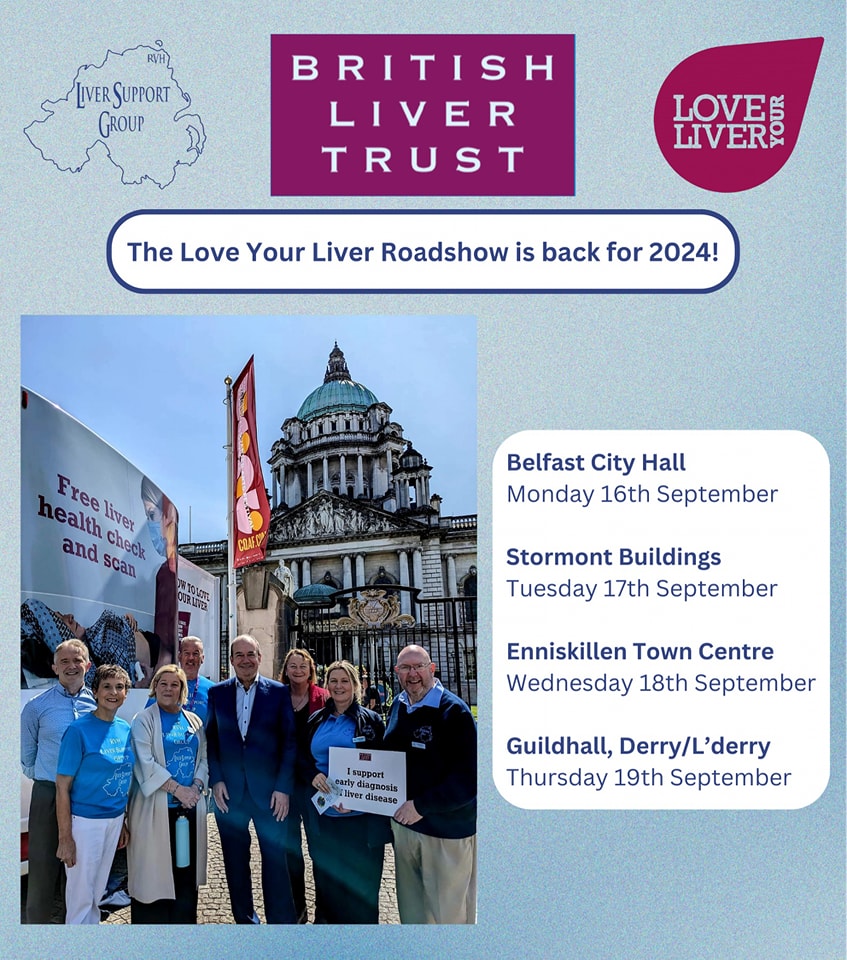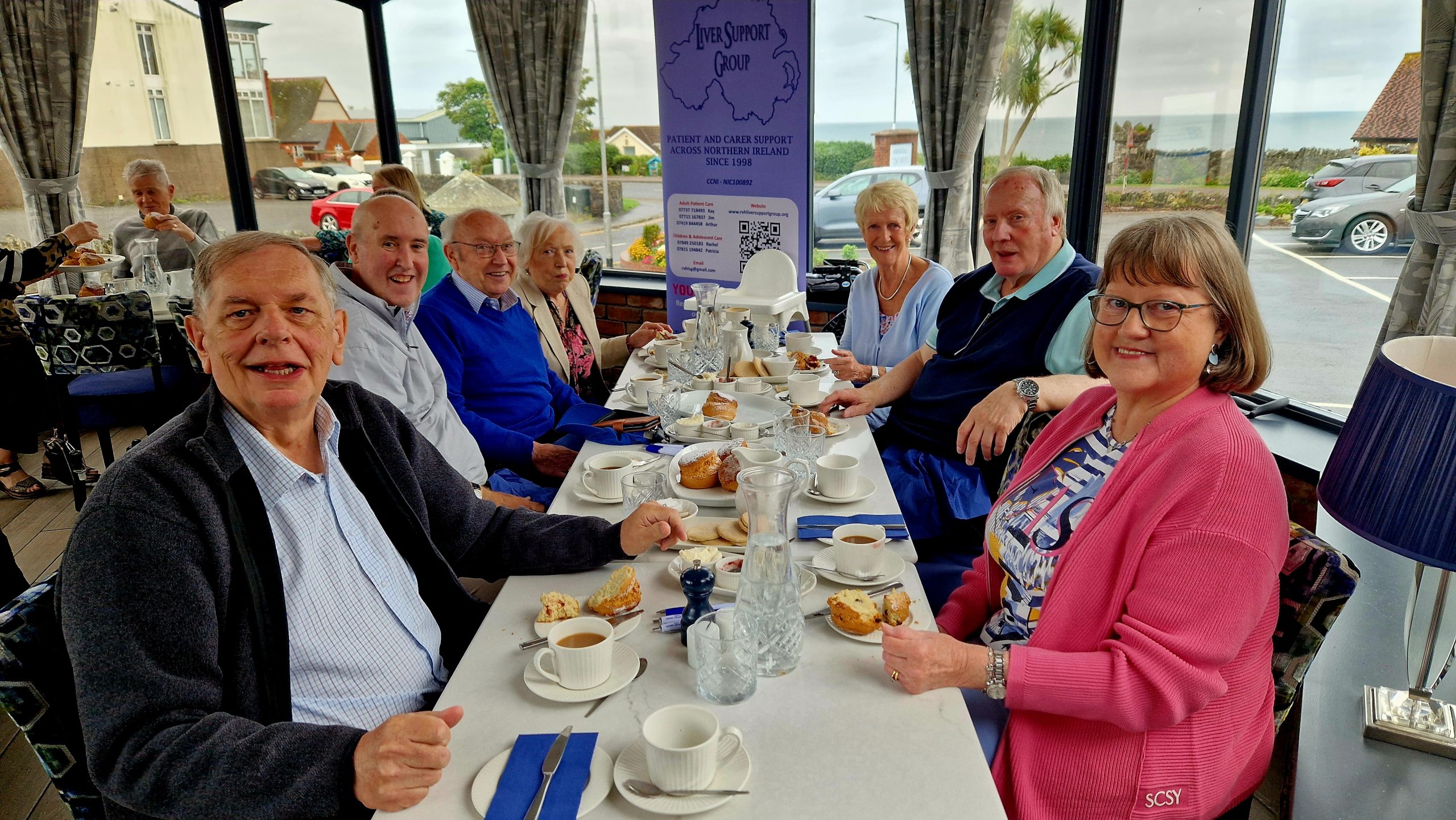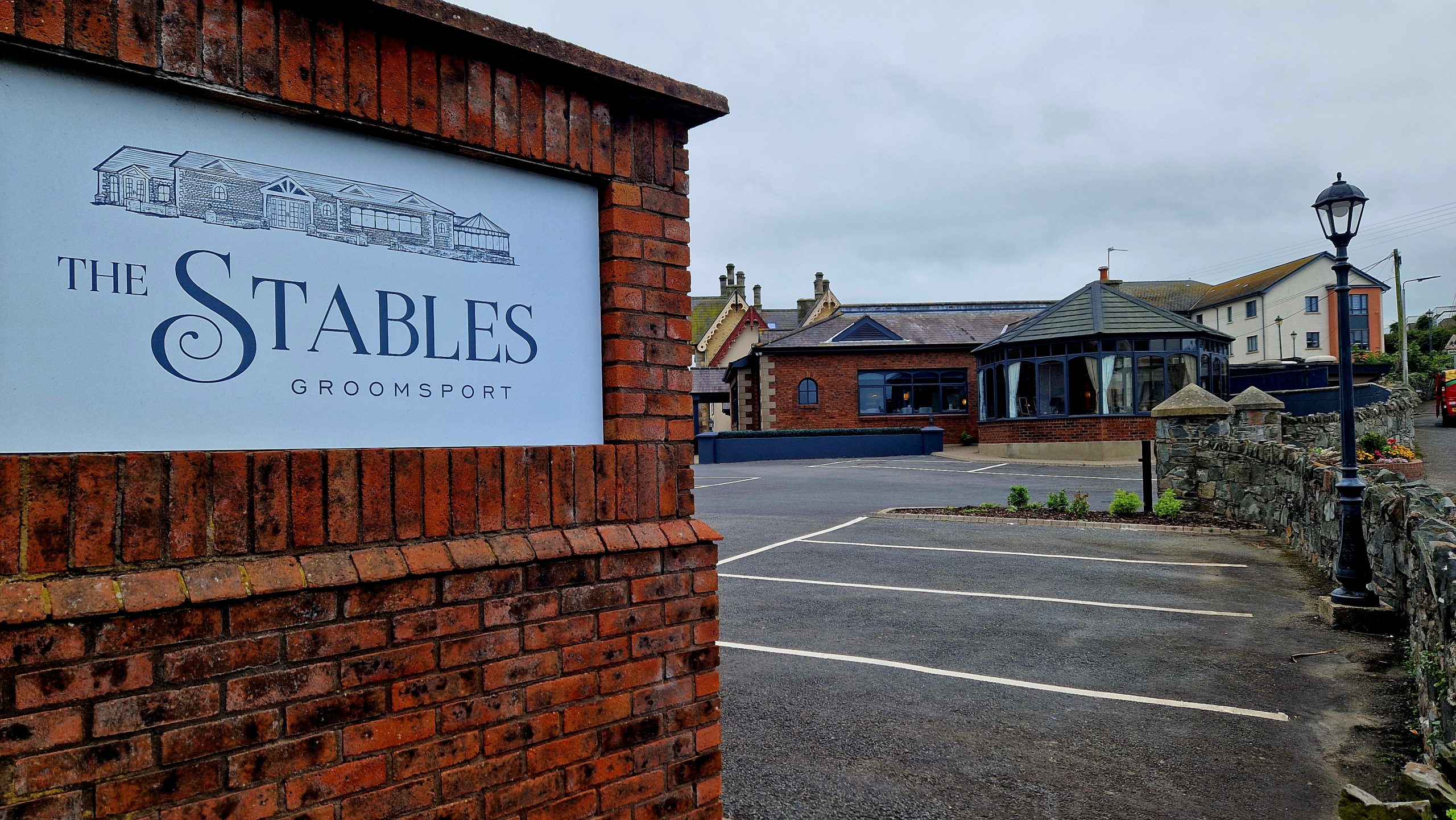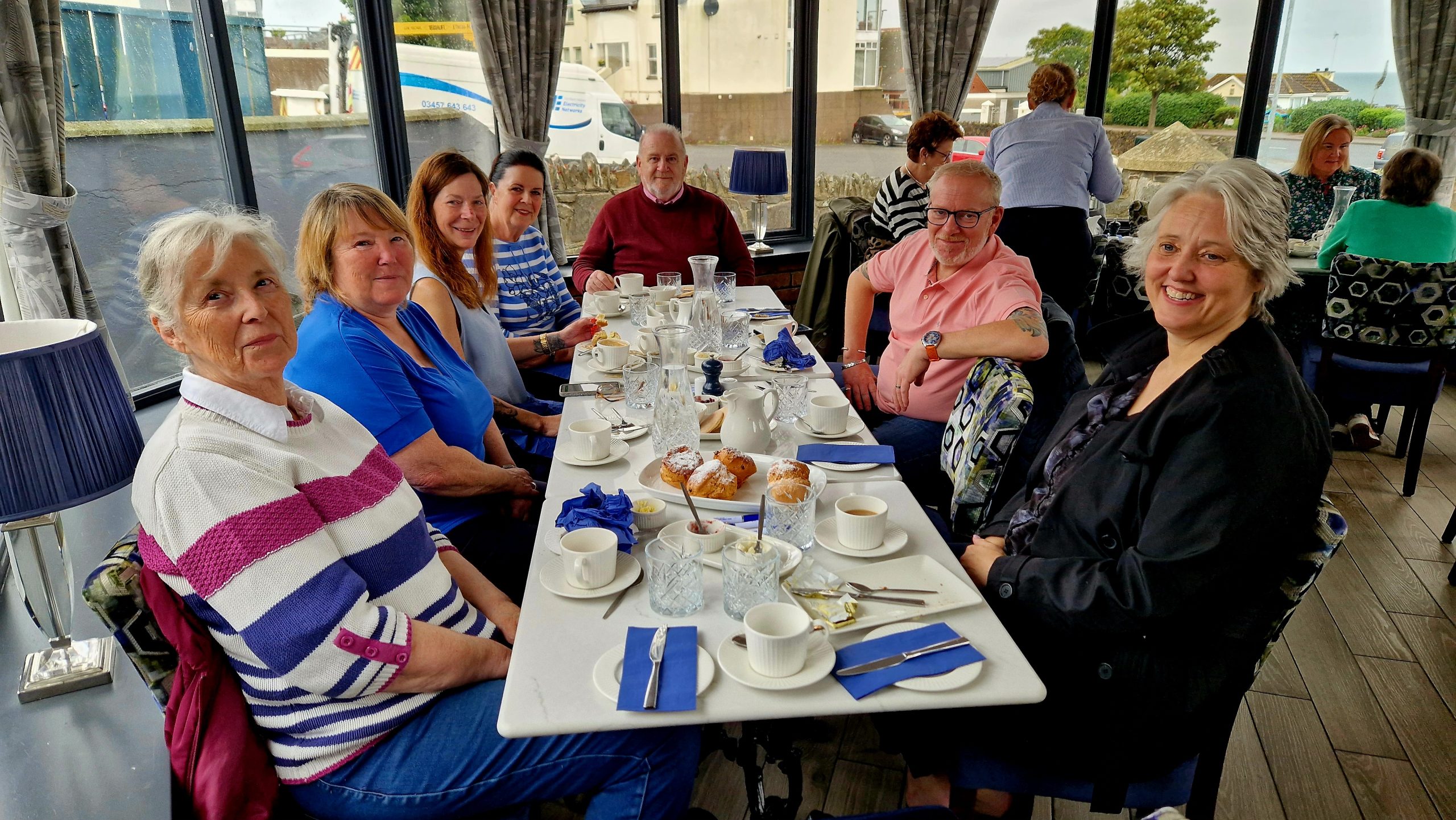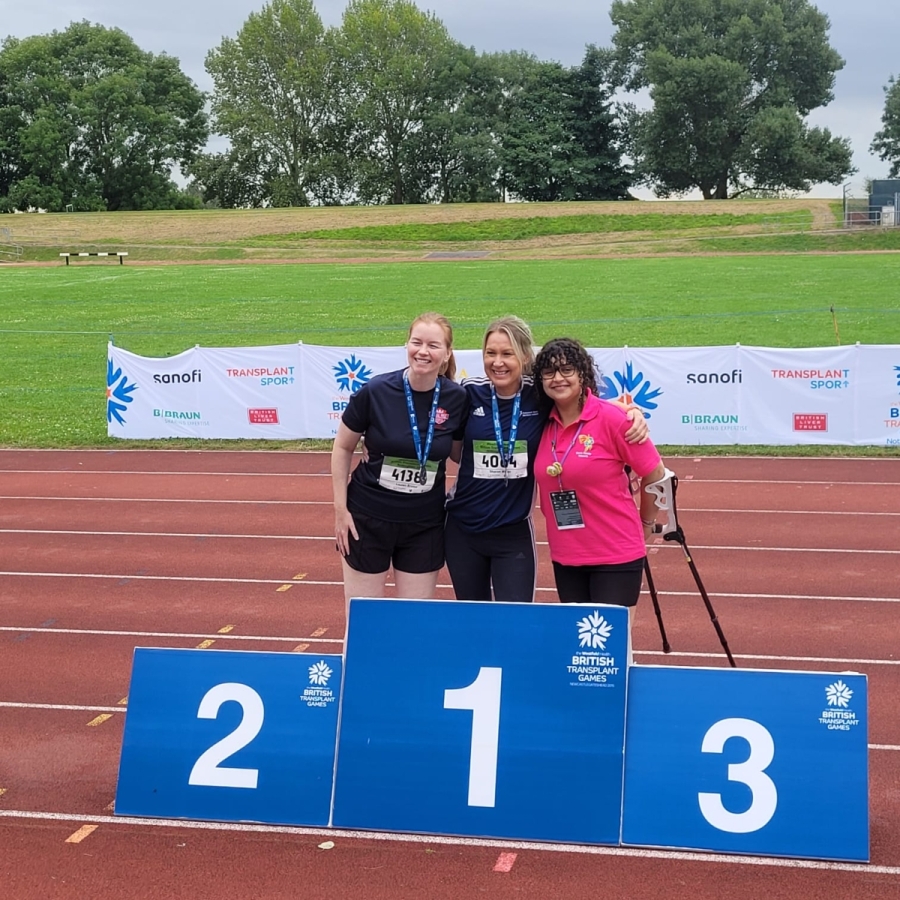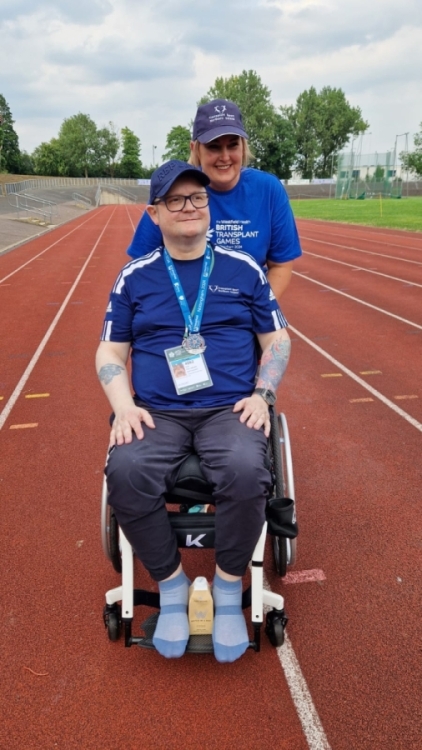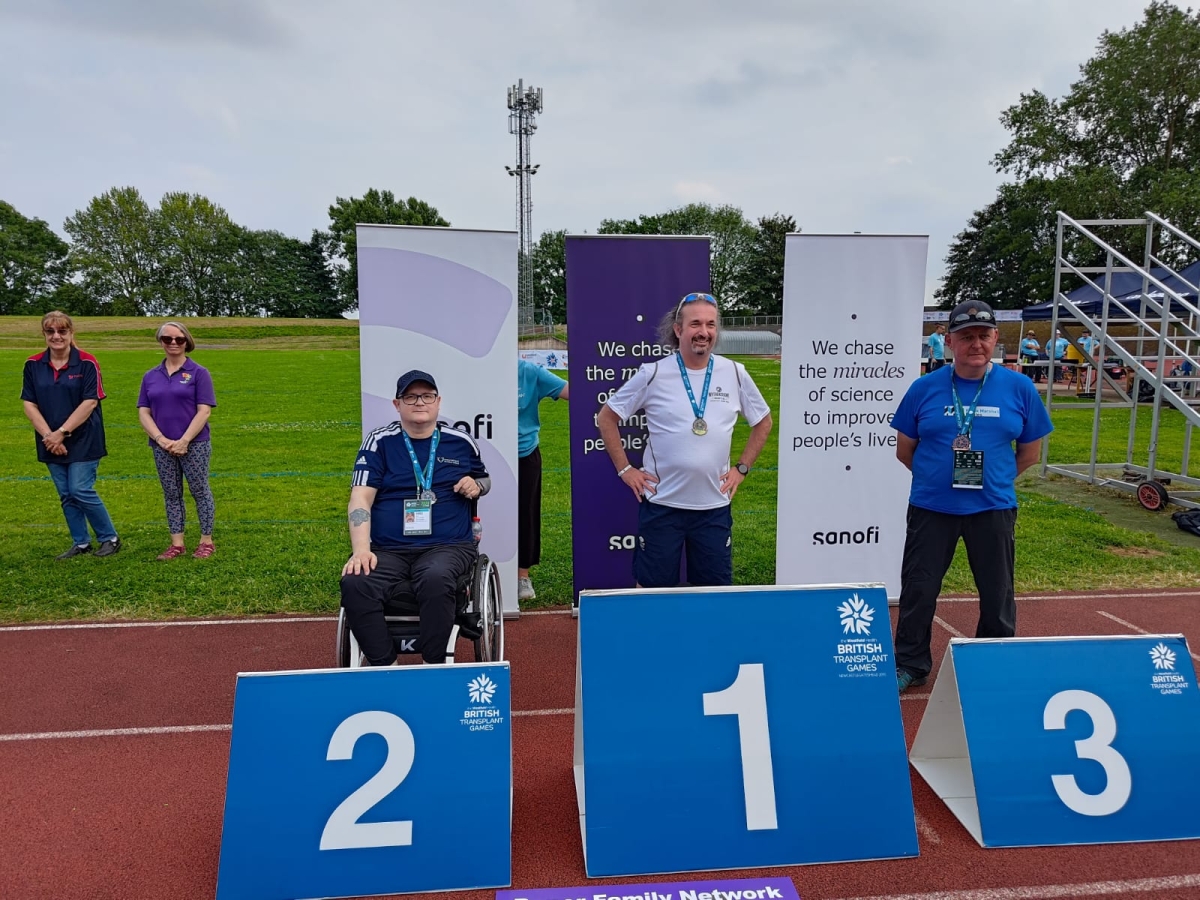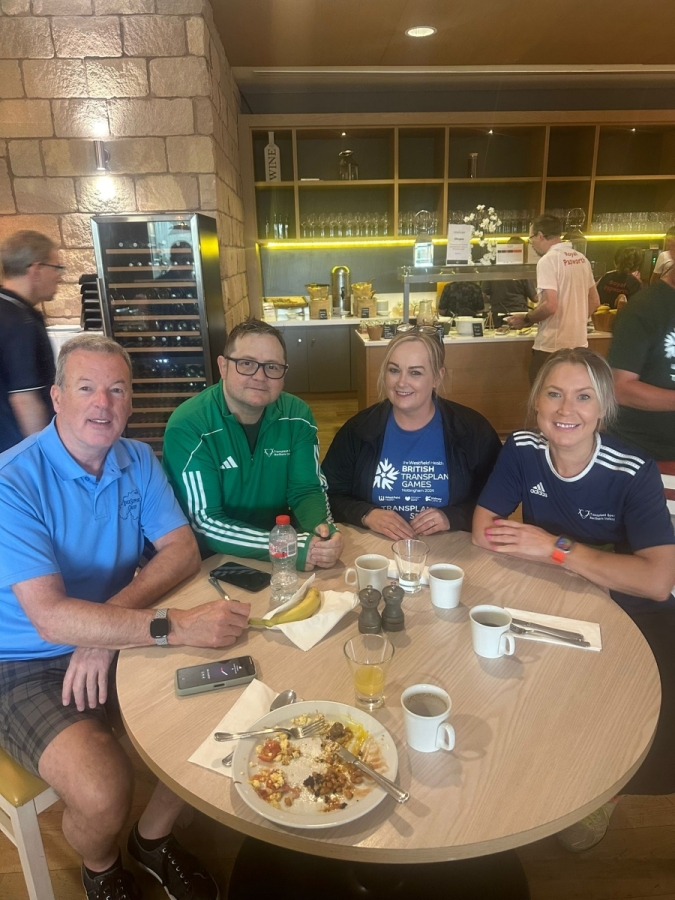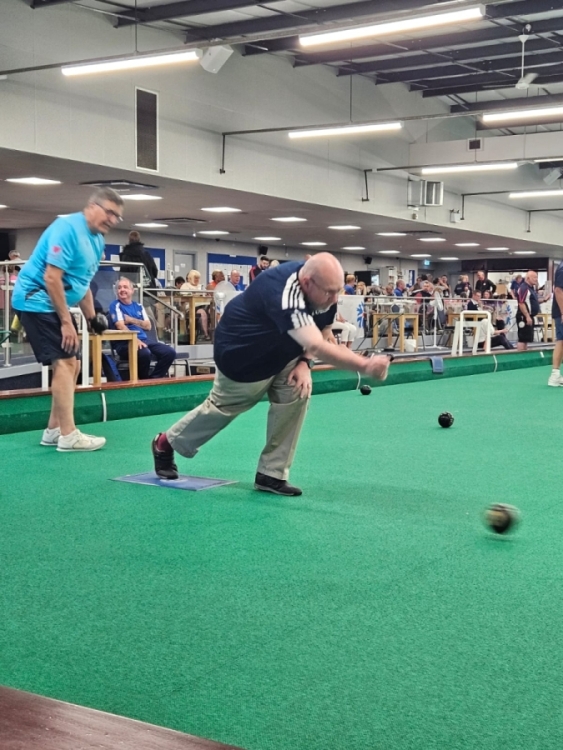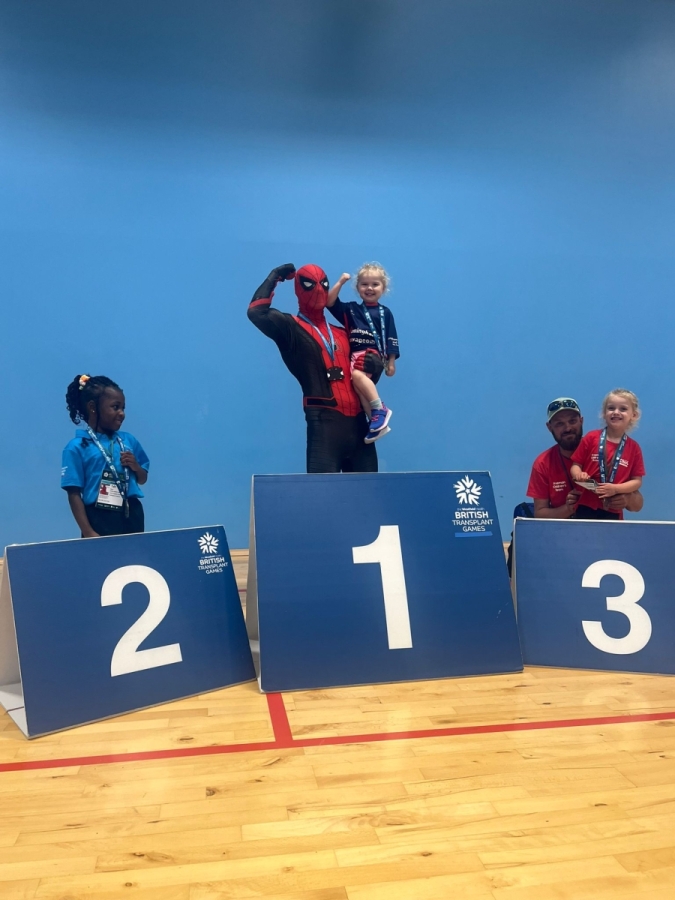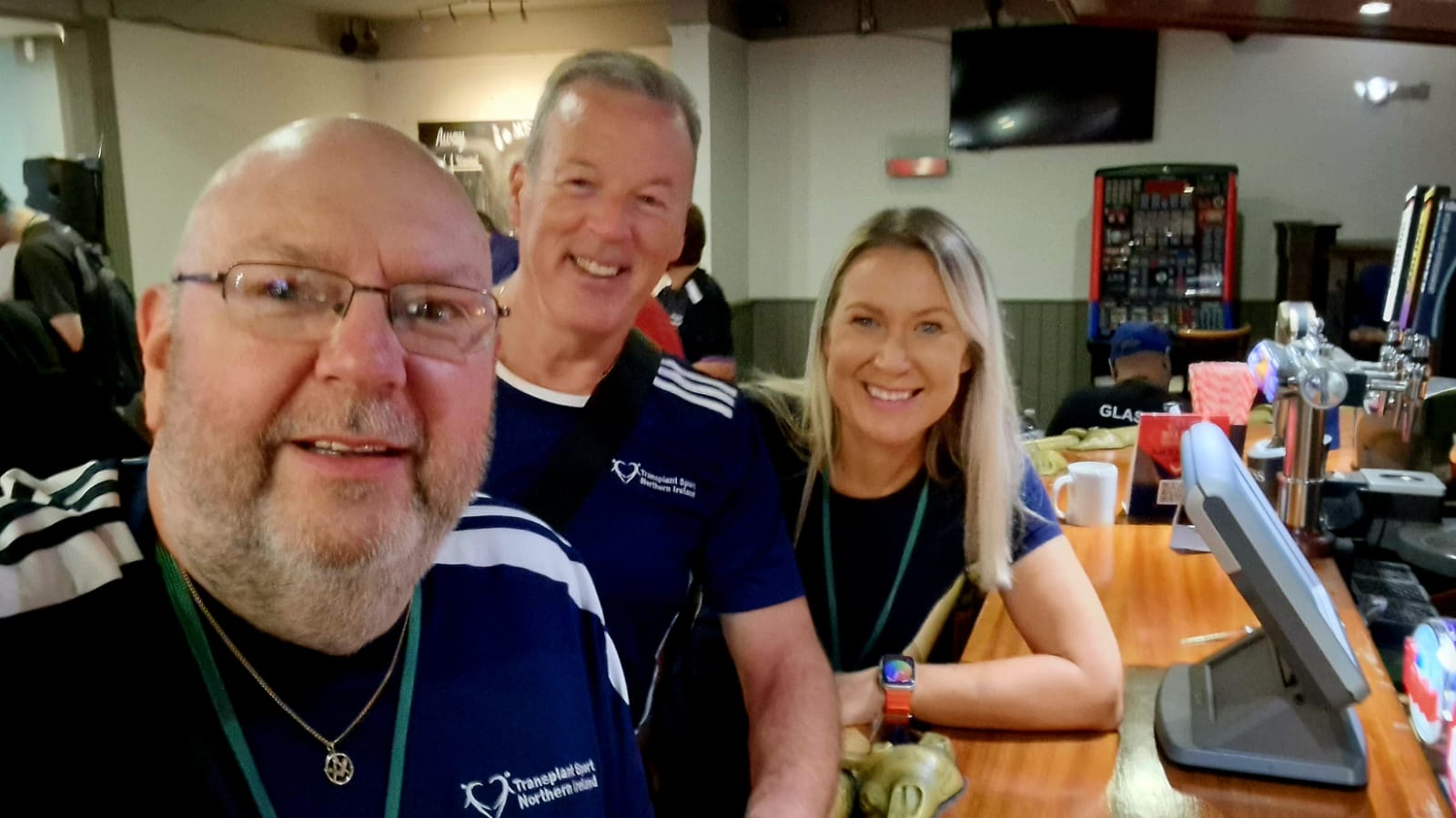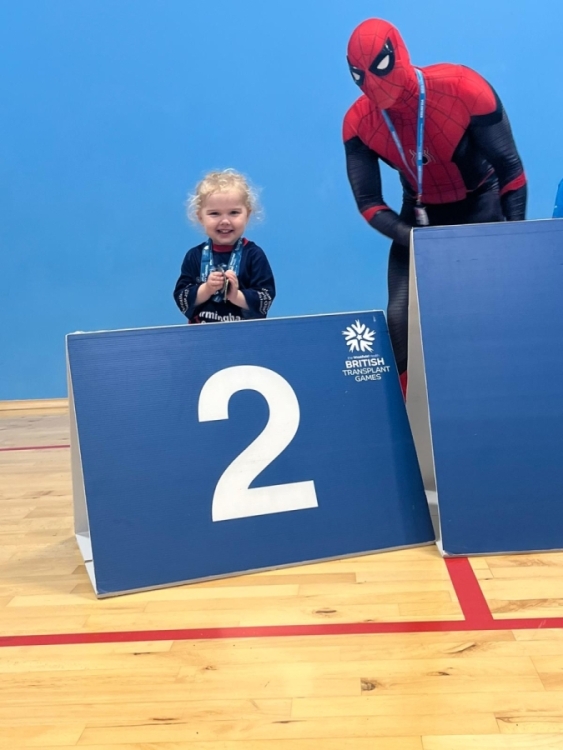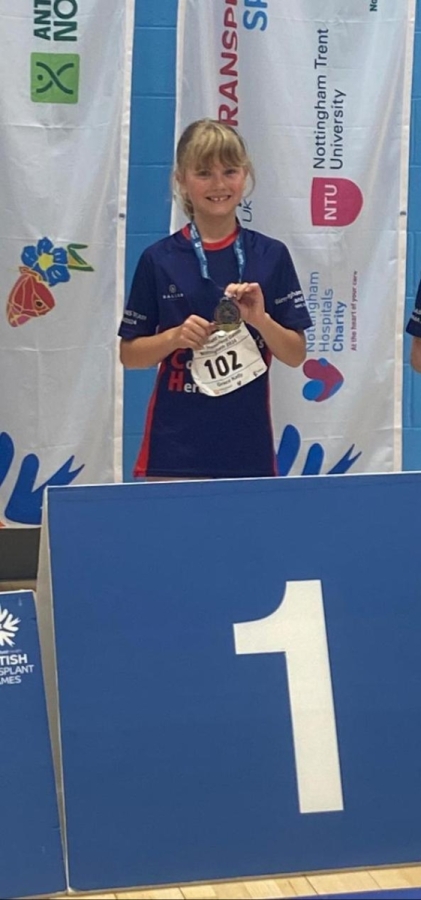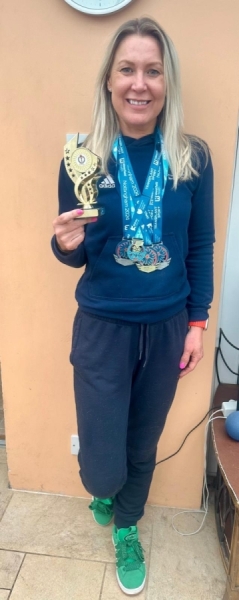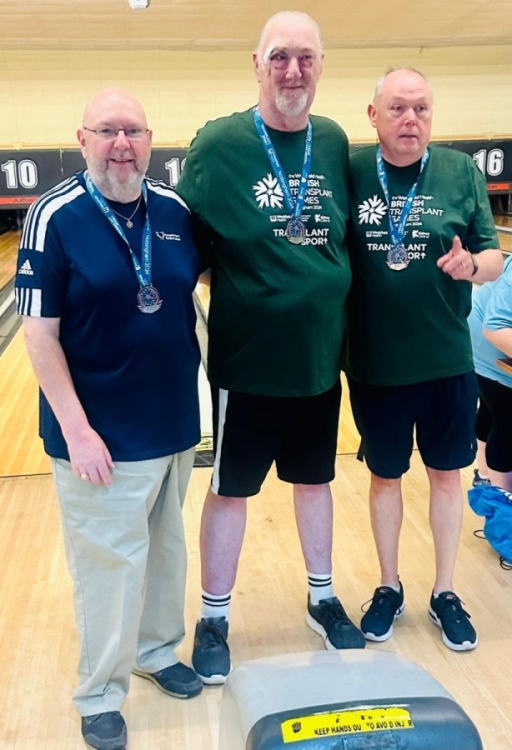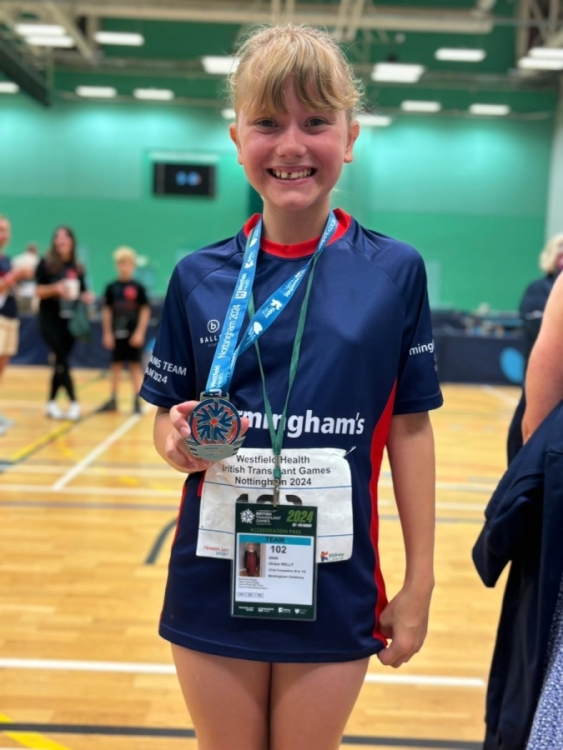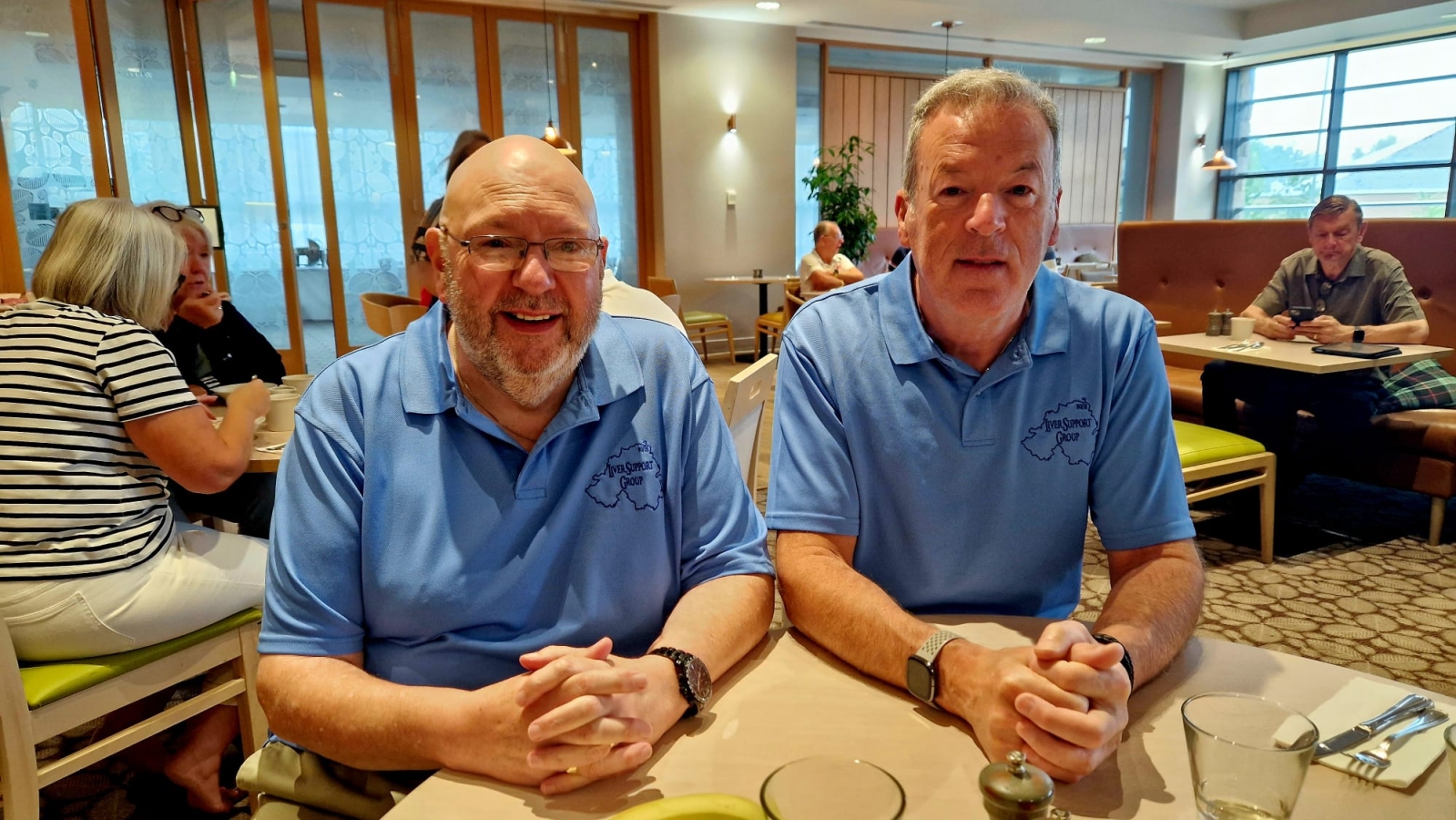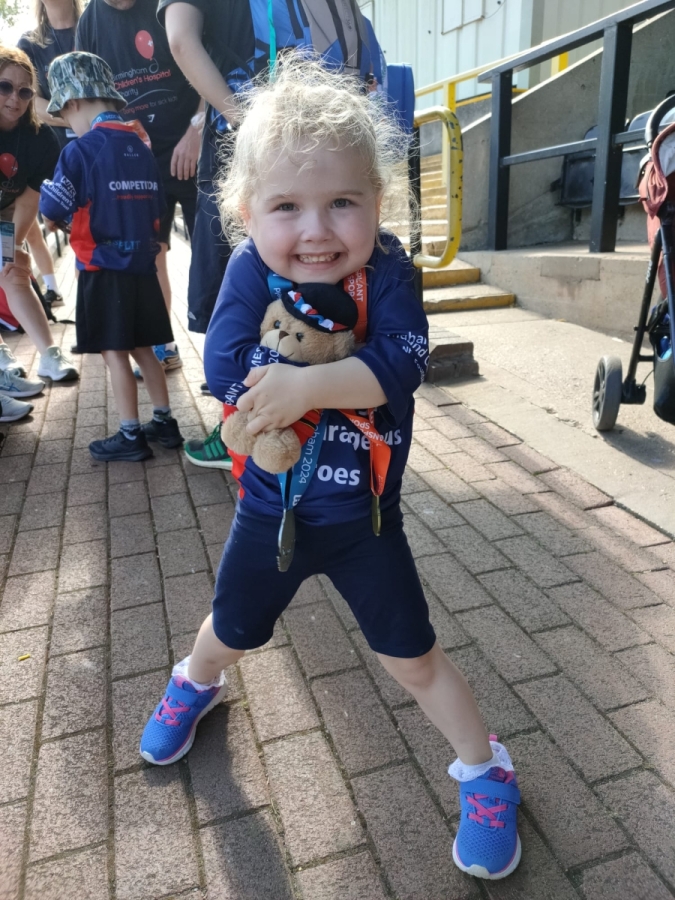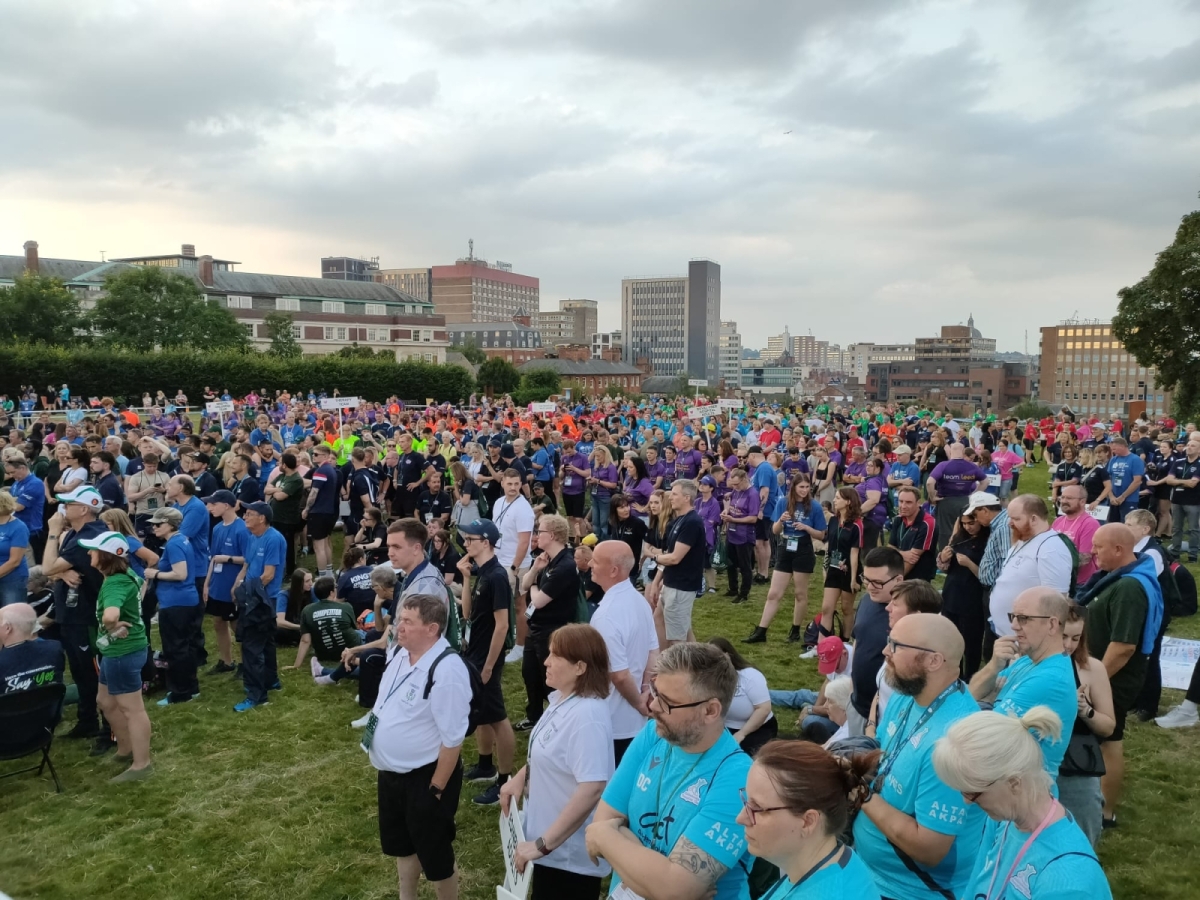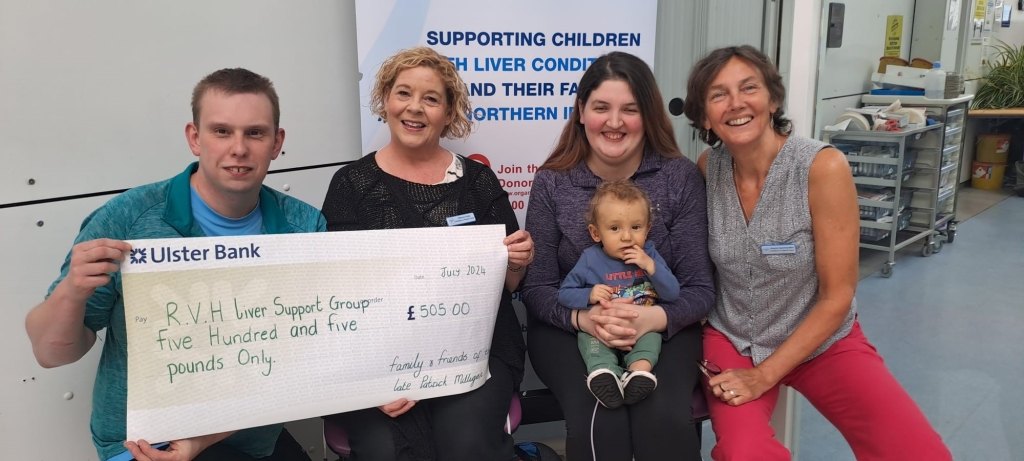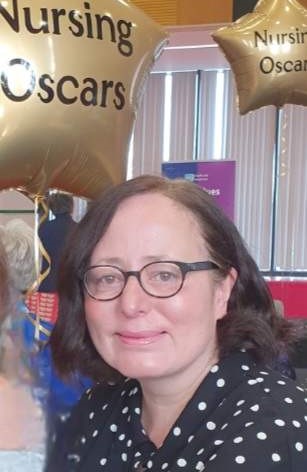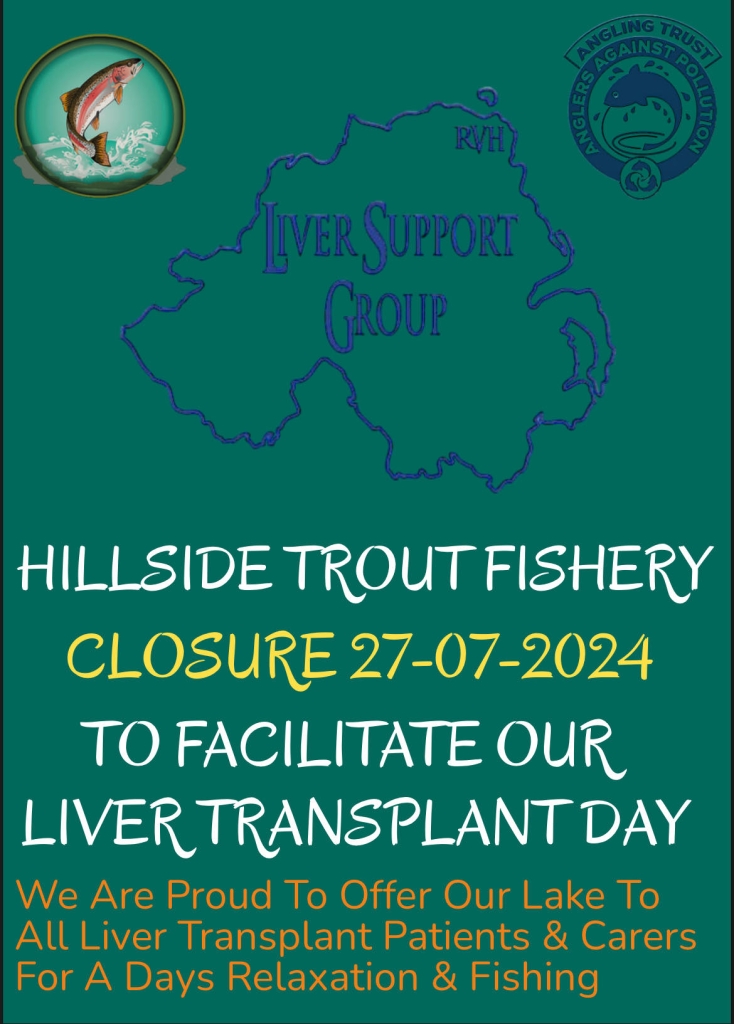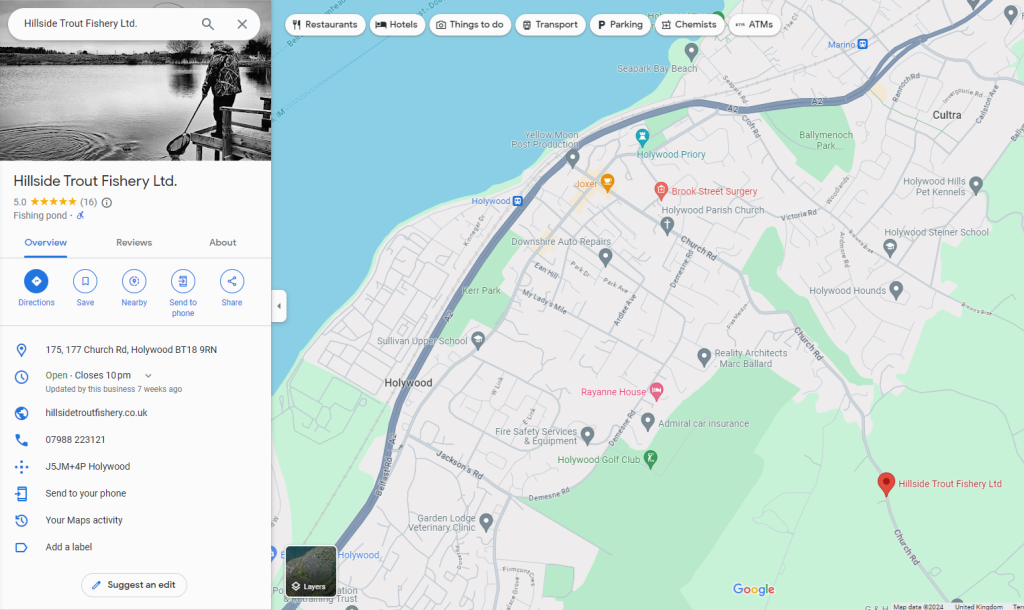Annie’s Once in a Lifetime Trip……
On Thursday 28th of September Annie and I headed off to London to meet the other “liver families” from Birmingham children’s hospital. We stayed in the premier inn where we had a lovely meal and got to meet our taxi driver, Andy, for the weekend. On Friday morning we had a VERY early start as the taxi was taking us at 5am to Canary Wharf for a big breakfast with the 100 other families before setting off on our adventure! The city of London police and the French gendarmerie stopped the traffic to allow the 100 taxis, 3 ambulances, medical staff taxis and the AA to travel in a large convoy the whole way to Dover and then from Calais to Disneyland. En route we stopped for a fuel stop and all the local French people came out to put on lots of treats and entertainment for everyone. We arrived on Friday evening at the hotel Cheyenne in the Disneyland resort and stayed there for 2 nights. Early Saturday morning we set of to spend a day of fun in the theme park and it was such a magical experience for everyone! Annie’s favourite rides were Thunder mountain and the Hollywood tower of terror but she loved ALL the rides we went on….all 17 of them that we managed to fit in!! On Saturday night we got all dressed up and we went to the New York hotel for a gala dinner and disco. On Sunday morning before setting off for the journey back to London, the emergency services gave the children the opportunity to go on the motorbikes, police’s cars etc and make lots of noise with the sirens and horns!
Annie and I were so honoured to have been chosen to attend this once in a lifetime trip where we were treated like royalty from start to finish.

